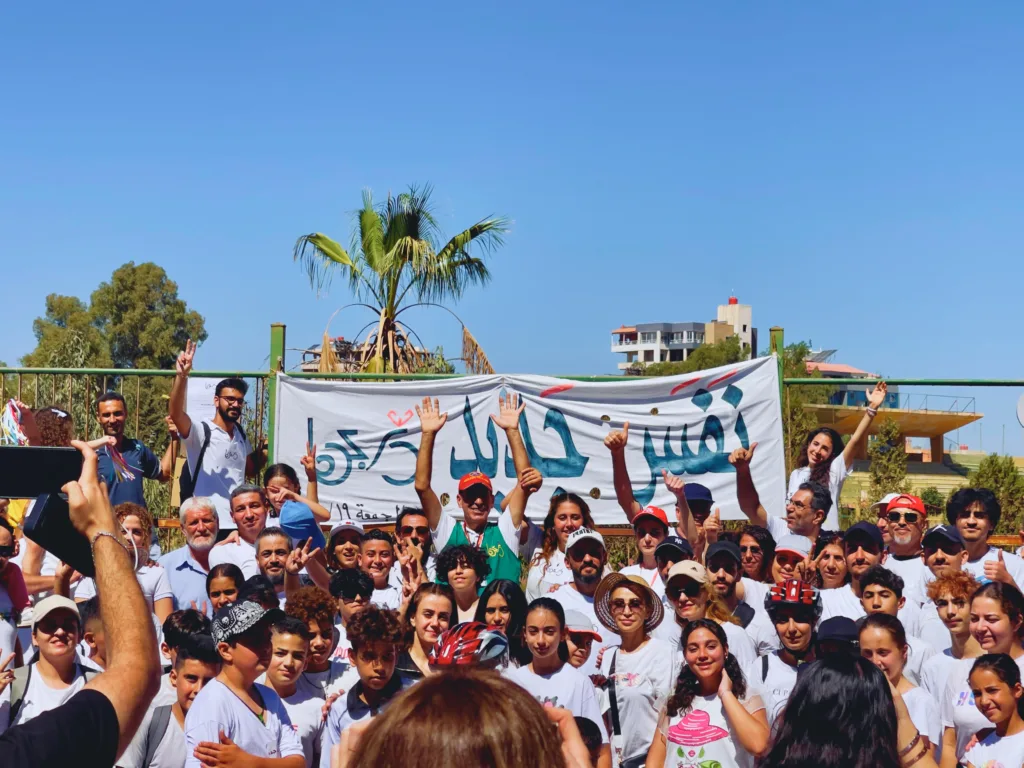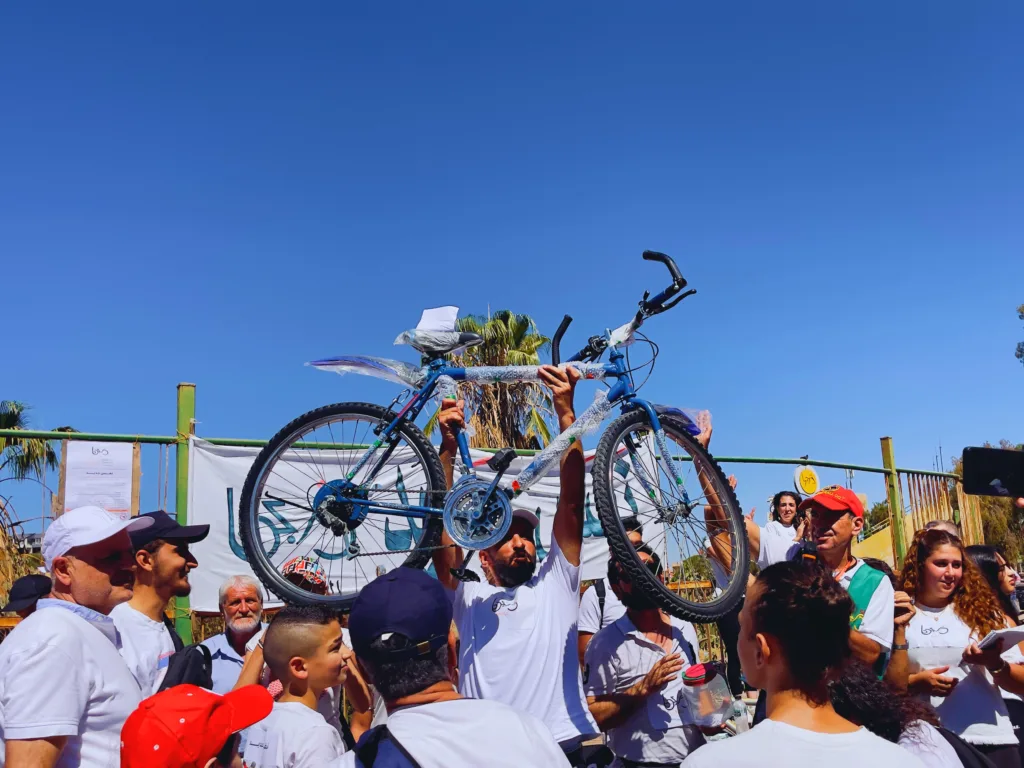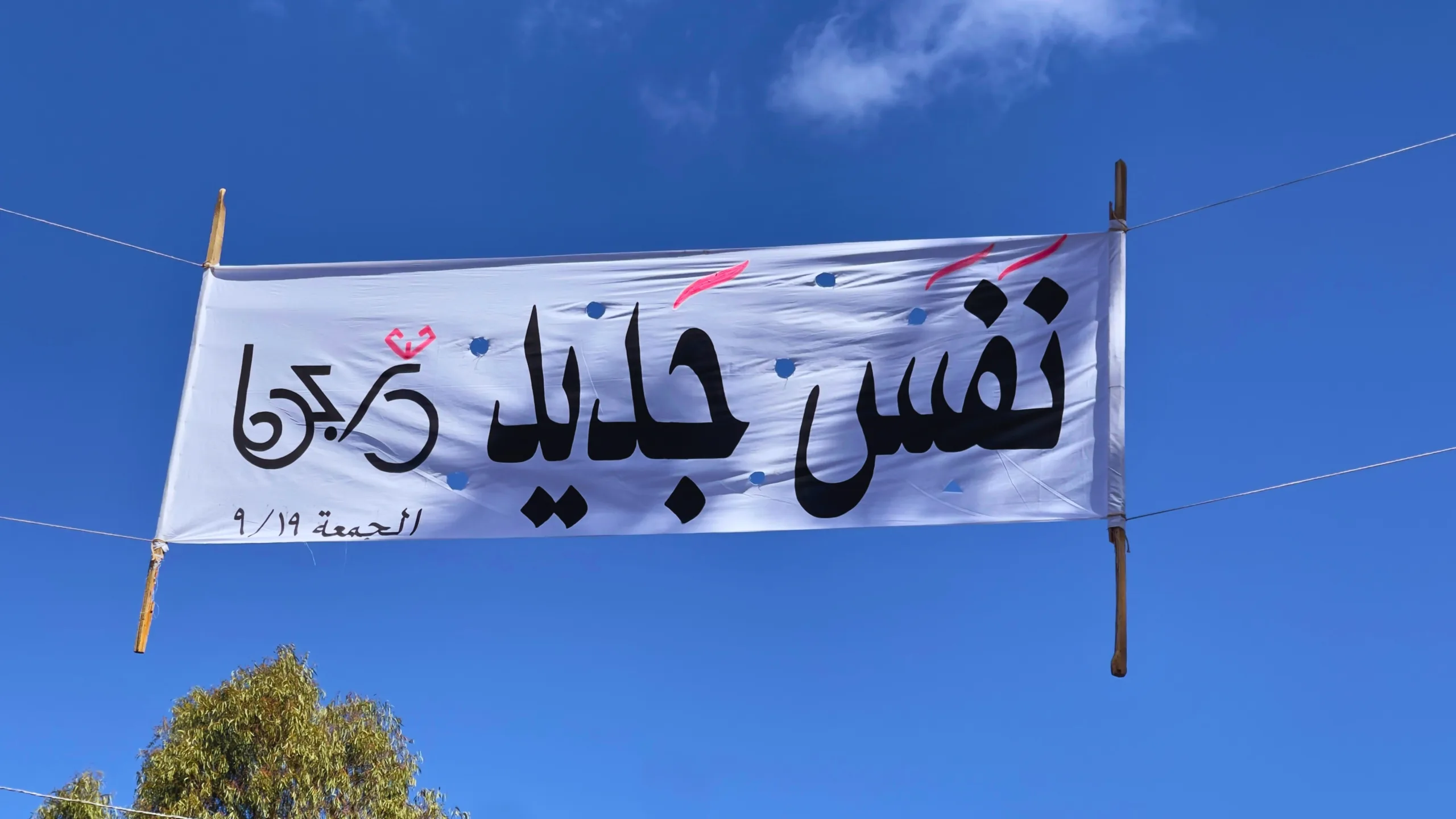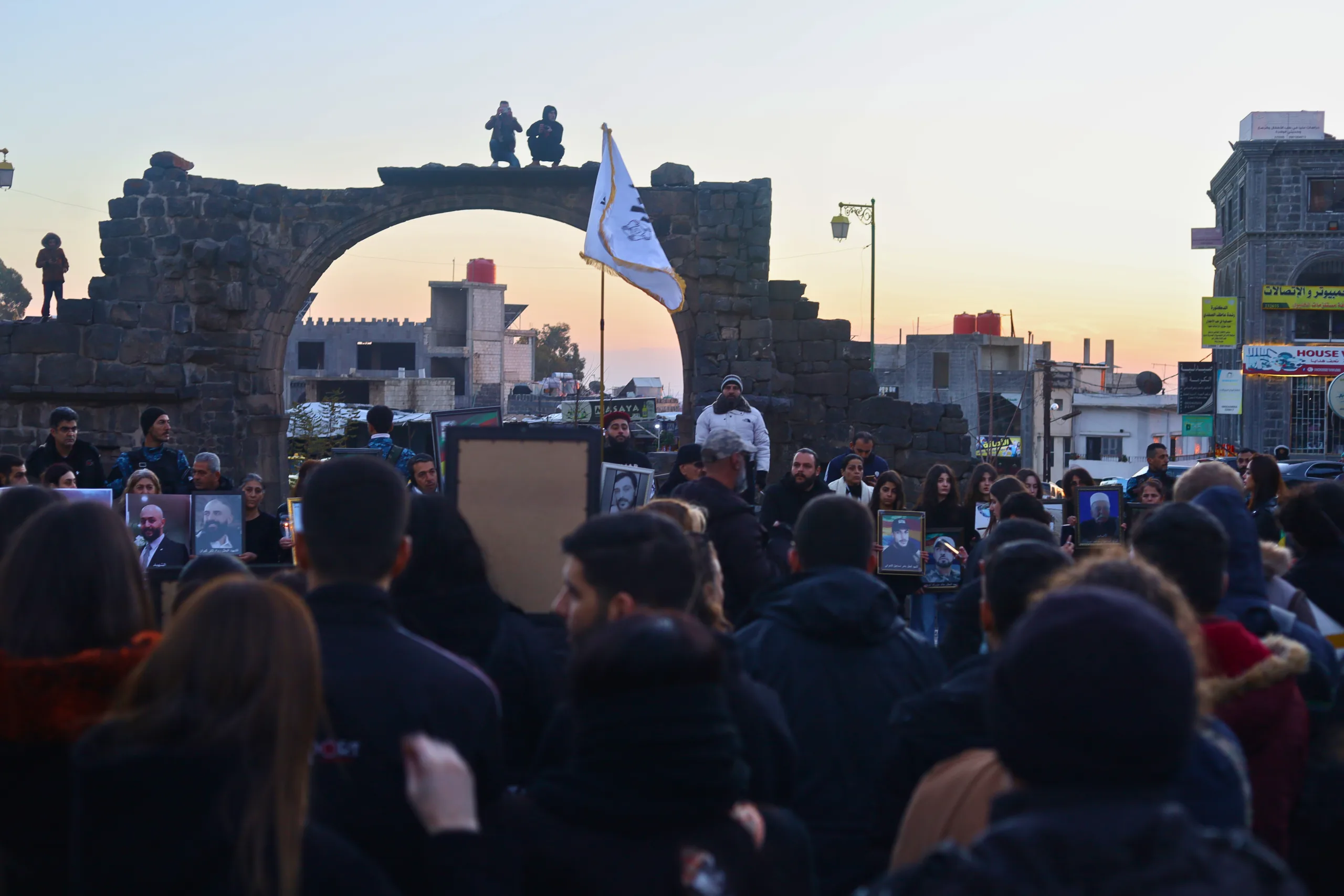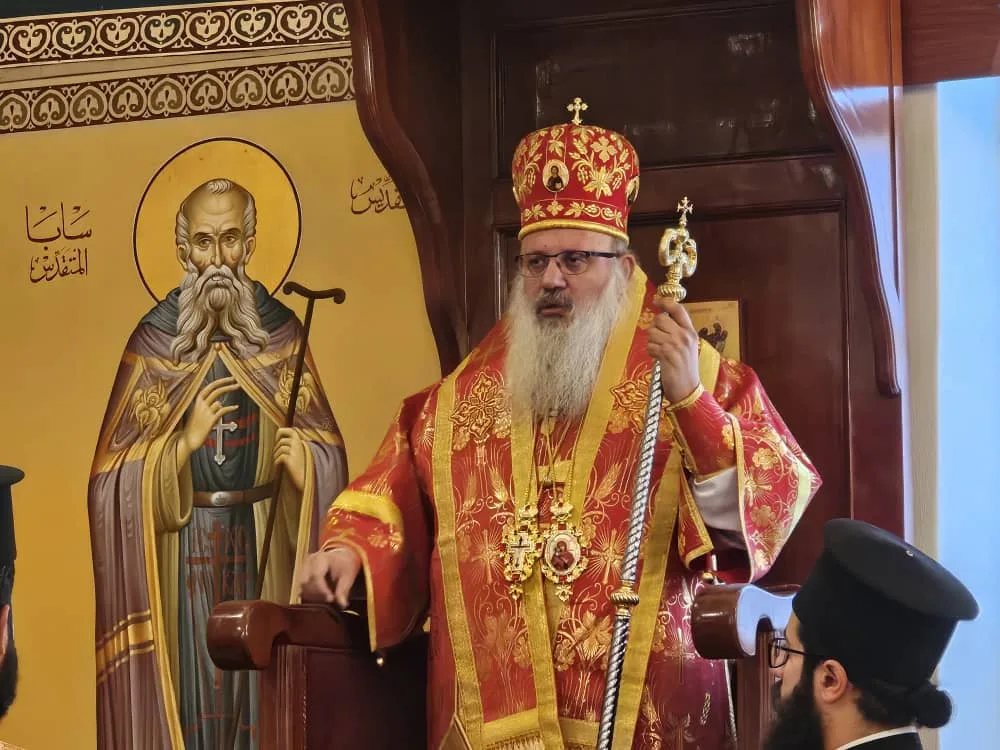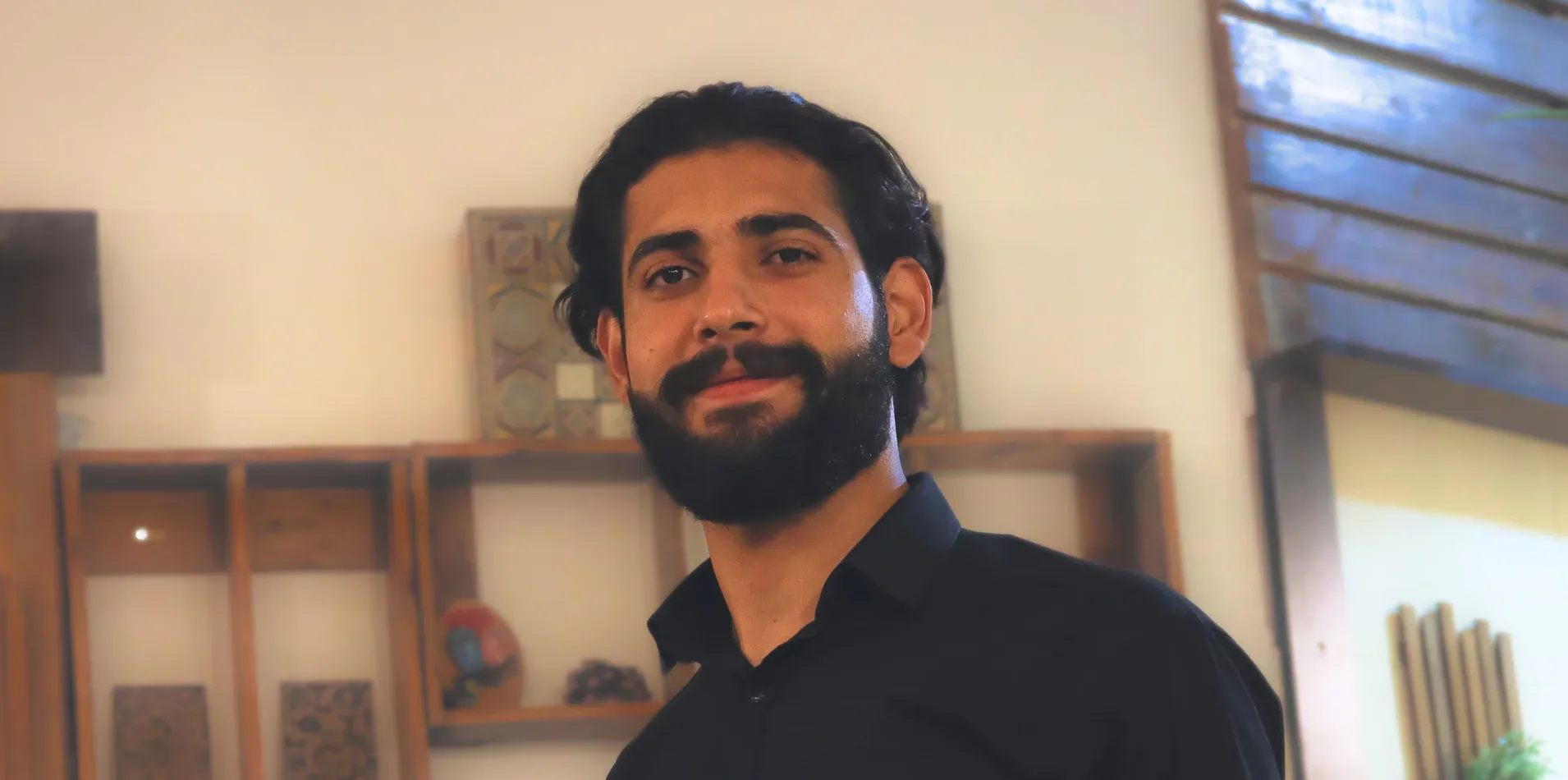Amid blockade, shortages, and rising tensions, a community-led cycling initiative in southern Syria offers a practical solution and a quiet act of defiance, proving that life and solidarity endure even under siege-like conditions.
As-Suwayda, in southern Syria, remains a province under intense strain. Months into the conflict, it lives under siege-like conditions: curtailed movement toward Damascus, restricted access to nearby villages, and a worsening humanitarian situation marked by shortages of fuel, medicine, and basic needs. This slow, unrelenting pressure tests civilians’ patience and endurance every day.
Yet amid the shortage of fuel and medicine and the difficulty of movement, a new rhythm appears: the turning of bicycle wheels. On September 19, the Darrejha Cycling Team organized a community event under the slogan “A New Breath.” What might seem at first glance like a simple recreational activity was, in truth, an act rich with meaning.
Cycling here is more than leisure. It has become both a necessity and a statement. With fuel scarce and transport costs rising, bicycles offer a practical alternative. Beyond function, they have also become an expression of defiance, proof that communities can adapt, persevere, and even find joy amid hardship.
The event brought together men and women, children and elders, with participants ranging from twelve to eighty years old. Bicycles were awarded as prizes to encourage adopting cycling not only as a coping mechanism but as a cultural shift toward sustainability, health, and communal solidarity.
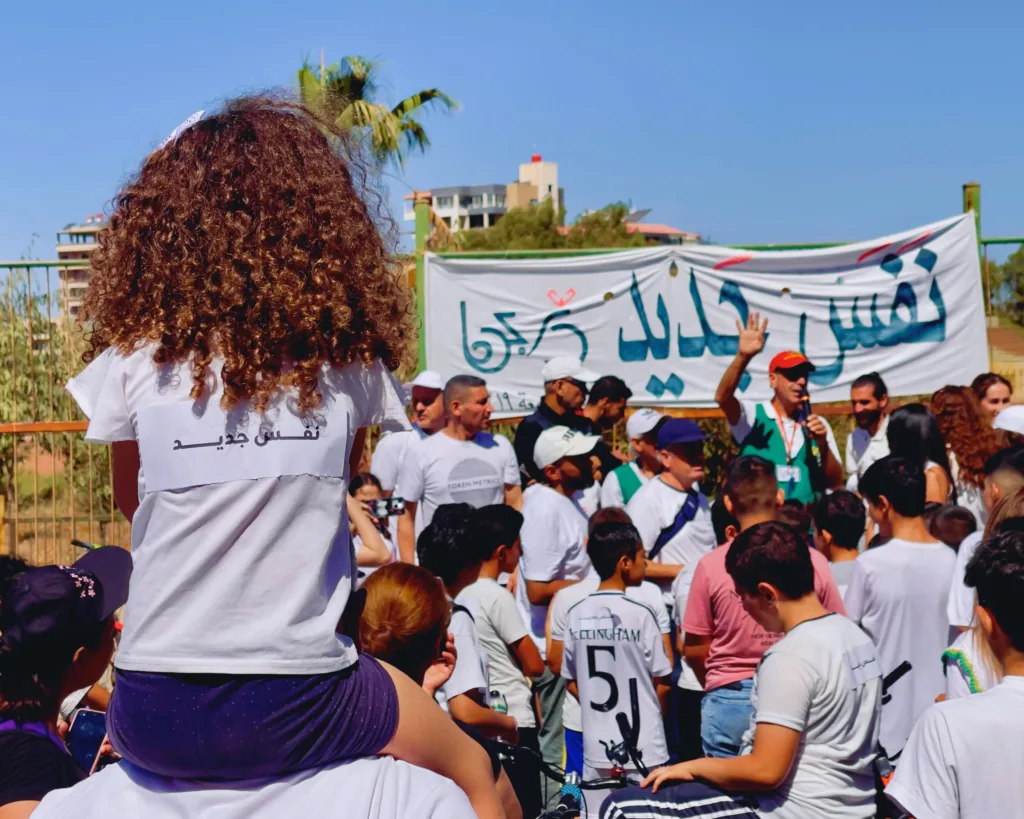
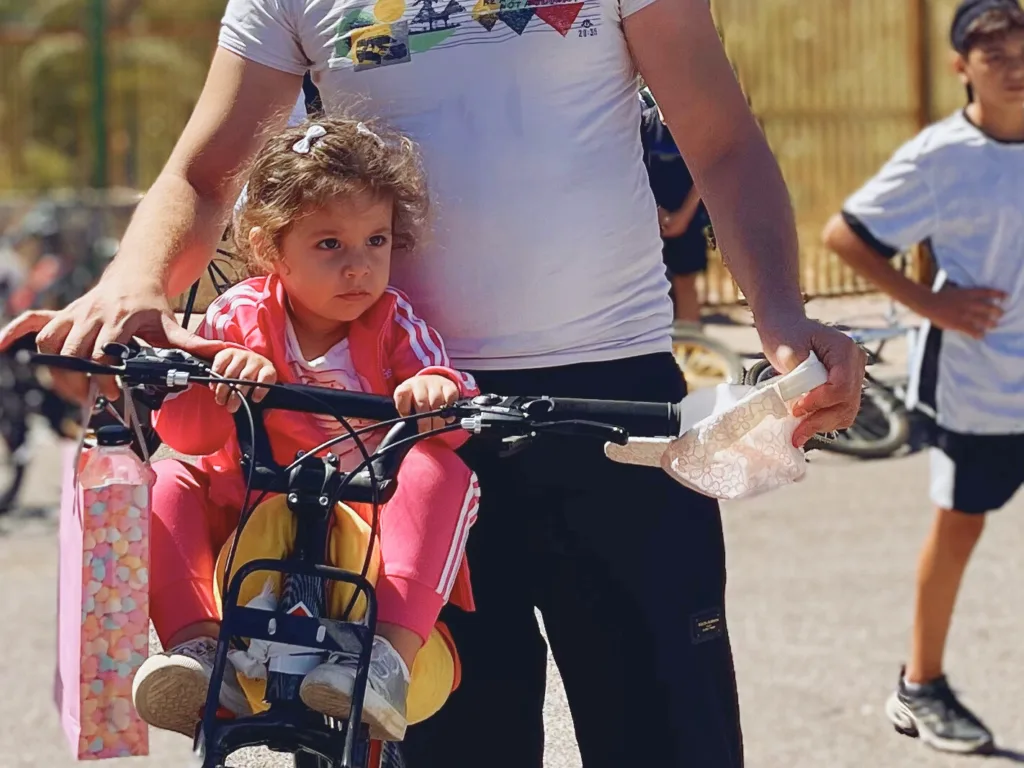
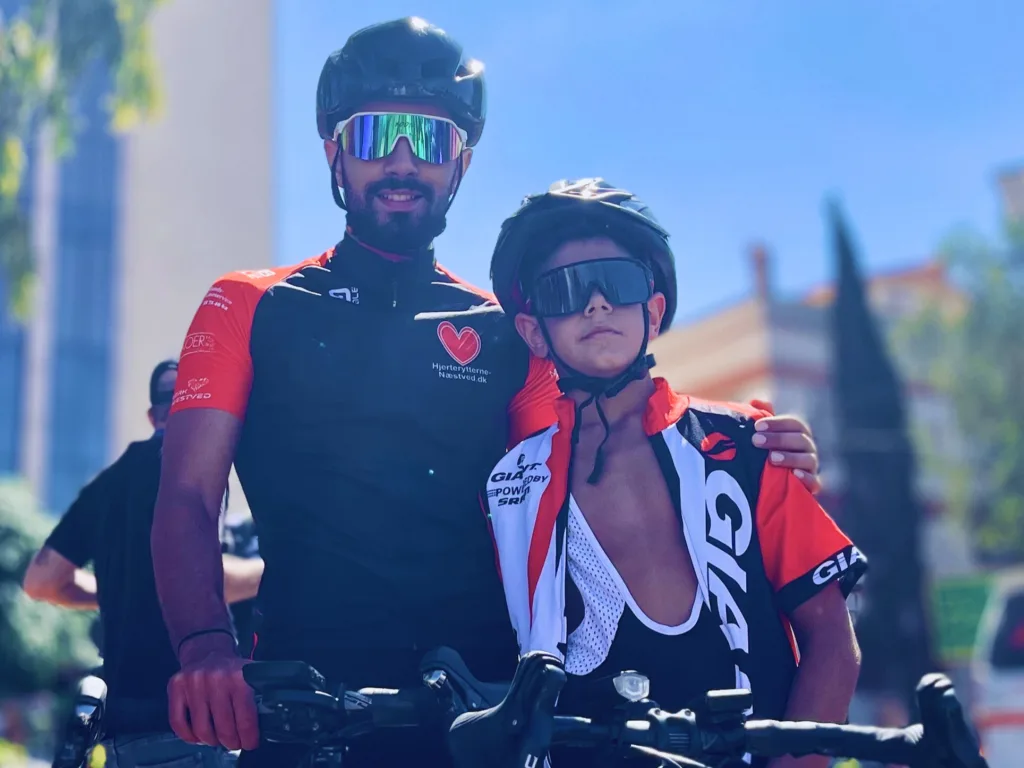
Team founder Dr. Labib Arij, a lecturer at the Faculty of Education (Department of Psychological Counseling), affirmed that this initiative is only the beginning. The team plans an annual festival on June 3 to mark World Bicycle Day, alongside regular monthly activities that have been ongoing since the team’s establishment on January 1, 2025. The Darrejha initiative was sparked by the young “Abboudah,” now based in the UAE, with support from his father, coach Bassam Abdelbaki. Today, the team continues to grow as a platform for healthier lifestyles, stronger community bonds, and greater environmental awareness.
The story of Darrejha is not merely about sport. It is about a province under pressure finding ways to rise above it, countering the politics of division with acts of solidarity, and breathing together despite suffocating conditions.
In the quiet revolution of spinning wheels, As-Suwayda sends a message to the rest of Syria and beyond: life continues, community endures, and resilience is stronger than siege.
This local act resonates more broadly. As-Suwayda has faced a rise in hate speech, sectarian threats, and political tensions that echo the city’s long history of uprisings and demands for self-determination. Instead of succumbing to despair, the community responds with gestures of unity and inclusiveness. In this context, a cycling festival becomes a civic declaration: dignity and resilience can flourish even under blockade.
